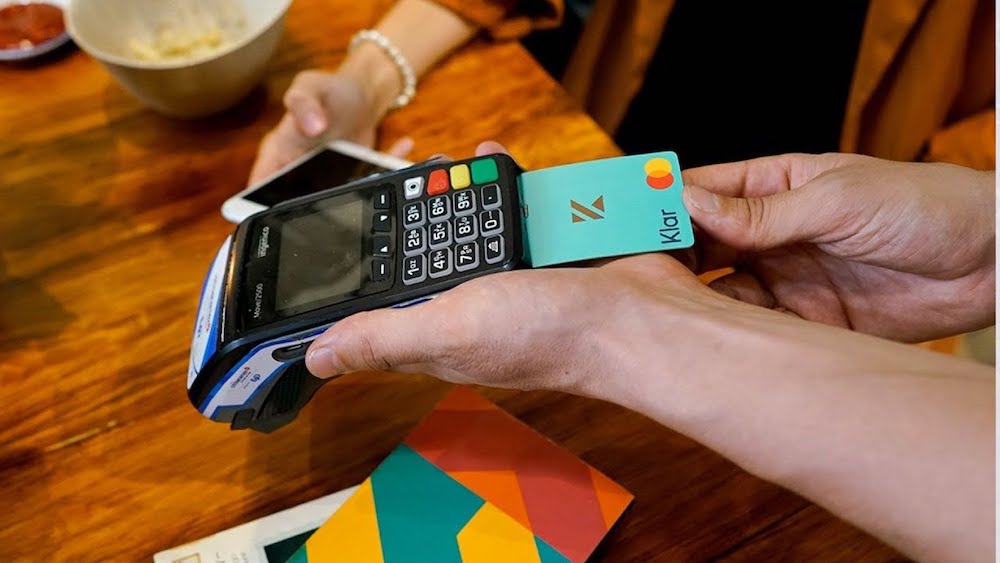ImpactAlpha, March 5 – Quality may trump quantity in the race to deliver financial services to the world’s billions of unbanked households.
The push to scale as fast as possible is causing yellow lights to flash in the emerging markets fintech boom. In Kenya and other markets, some customers are falling into “debt traps” as easy, mobile credit becomes available from competing digital lenders.
Quona Capital is doubling down on the thesis that responsible, customer-centric services that deliver real development gains for communities will outperform in the long run.
Quona closed its Accion Quona Inclusion Fund at $203 million, the second fund for the Washington D.C.-based spinoff of Accion International, the global nonprofit that has promoted “financial inclusion” for decades. Quona’s thesis is that the micro- and macro-economic effects of financial services can reduce poverty and inequality, especially in emerging markets.
“We are a proponent of the belief that there are impact generating activities that also can earn a financial return,” says Quona’s Monica Brand Engel, who incubated the firm inside Accion. The key, she says, is to find companies that serve customers, not take advantage of them.
Investors called to account for fintech lending practices as debt-traps emerge
The new fund has made nine investments with a focus on financial technology expanding access to high-quality financial services in Latin America, Africa, India and Southeast Asia. Increasingly, they are fighting for deals with big VC funds without explicit impact frameworks.
In Latin America, venture capital has flocked to “neobanks” that are challenging traditional banks. Quona chose to back Mexico City-backed Klar, which provides an alternative to traditional credit cards and debit services. Klar modeled its lending product on the type of fixed-payment, transparent-terms that were familiar and comfortable to unbanked customers. “What really sealed the deal for us was Klar’s quality approach to product design,” Engel said.
Last month, the firm backed Sokowatch, an ecommerce platform serving informal businesses across East Africa. Other investments from the new fund include Kovi, a Brazilian startup that helps on-demand app drivers access fairly priced vehicle financing, and Finja, in Pakinstan, which provides free and real-time payments and supply chain financing.
Institutional impact
The new fund attracted investment from Prudential Financial, which holds its stake in its more than $1 billion carveout for impact investments on the insurance giant’s balance sheet. Mastercard similarly invested corporate, not foundation assets. Quona is part of the Ford Foundation’s growing portfolio of mission-investments in its endowment. Partners Group’s PG Impact Investments backed the fund, as did Triodos and high-net worth individuals from Goldman Sachs’ Private Wealth Management and a number of undisclosed Asian and Middle Eastern investors.
Accion, the fund’s sponsor, anchored Accion Quona Inclusion Fund, though with a smaller investment than the previous fund. They wanted to “crowd in the private sector,” says Engel. “That’s exactly what’s happened.” Development banks, including the International Finance Corp., FMO and Proparco also participated in the fund.
Quona has a track-record from its earlier $144 million Accion Frontier Inclusion Fund, which Engel says sits comfortably in the top quartile of emerging market equity funds. The first fund has notched two exits. Philippines payment company Coins.ph sold to Go-Jek, and IndiaMart, an Indian e-commerce company, completed an initial public offering last year.
“Quona wants to be a point of light in the impact investing world,” says Engel, “to show that we really can not just talk about it but actually deliver financial results and impact.”
Customer centric
Quona’s impact lens is intended to not only protect consumers, but mitigate business risk as well. In addition to expanding access to underserved customers, the firm focuses on quality, consumer-centric technologies, as well as the indirect impact of an investment on the broader market.
Last month, digital-lending app Tala became the face of an incipient fintech crisis in East Africa. With the proliferation of alternative credit-scoring services providing first-time borrowers with near-instant access to mobile credit, many Kenyans are falling into debt cycles. One in 10 adults have defaulted on a digital loan.
Quona has stayed away from the market for unsecured consumer loans in favor of products such as insurance, small business lending and payments. “There are higher value add financial service products that can really move the needle for the underserved or the unbanked,” she says. “There are a lot of areas in fintech where we think there’s less opportunity for abuse.”
Quona is among more than 40 investors that have signed onto the Guidelines for Responsible Investing in Digital Financial Services, which include practices like avoiding over-indebtedness, designing appropriate products and responsible collecting practices.
“We never have tried to maximize the number of lives touched because we know it’s a silly metric,” Engel says. “We will give up the press release to really focus on not just access, but quality and markets.”











